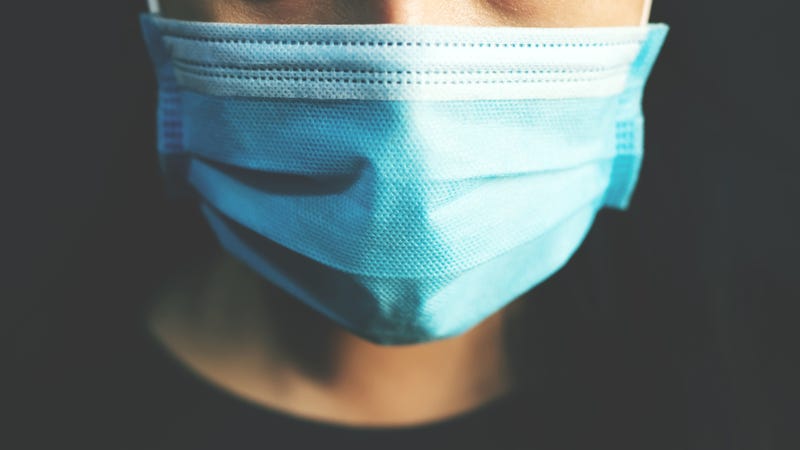
DETROIT (WWJ) – Local healthcare leaders say the COVID-19 pandemic is not slowing down and Michigan continues to see a surge after the holiday season.
State health officials on Monday reported more than 61,000 new cases of COVID-19 over the last five days, as well as 298 virus-related deaths. There was a daily average of 12,247 cases during that span.
Dr. Adnan Munkarah, Executive Vice President and Chief Clinical Officer for Henry Ford Health System, said there were more than 5,000 people who tested positive for the virus in their health system alone, which was the highest weekly total of 2021 within HFHS.
Henry Ford officials say more than 1,700 people test positive on New Year’s Day in their health system and as of Tuesday morning, there were just under 500 patients hospitalized with the virus in their hospitals, a 25% increase compared to the previous week.
The majority of those patients – about 65% – are unvaccinated, according to HFHS. Test positivity rates are also up, as they reported that number to be just under 42% on Tuesday morning, about double what it was two weeks ago.
Dr. Dennis Cunningham, HFHS Medical Director of Infection Control and Prevention, says the sheer number of cases is leading to more kids being admitted to their hospitals.
“I think it’s because it’s so contagious. Even if only a small percentage of children need to be admitted, when you have so many more cases – because omicron is so contagious – you get more kids coming into the hospital.”
The Centers for Disease Control and Prevention has said the omicron variant of COVID-19 likely spreads far more easily than the original virus, though it’s still not entirely clear whether it causes more severe illness than other variants.

Cunningham says he looked at the state’s latest data released on Monday and it’s believed there were about 15,000 confirmed cases in a single day over a the five-day period, which would be record-breaking.
“This pandemic is not slowing down and we are still surging,” Cunningham said.
Health officials elsewhere in the U.S., though, say there may be new data to suggest the omicron wave may soon be nearing its end.
One model from Columbia University suggests the peak could come next week.
"Two to three weeks seems to be what it takes for it to peak and then to rapidly decline," said Dr. Amesh Adalja with Johns Hopkins University, "not because it's infecting everyone but because it's infecting those people who are most susceptible to get infected … and then everybody else starts to change their behavior and then it collapses."
Health officials are still encouraging people to get vaccinated and receive their booster shots, as well as follow protocols such as wearing face masks in public, social distancing, avoiding large indoor gatherings when possible and frequently washing hands.
President Joe Biden said Tuesday Americans should be concerned, but not alarmed about the omicron variant, especially those who are vaccinated and boosted.
Stay tuned to WWJ Newsradio 950 for the latest coverage of the COVID-19 pandemic. >>> LISTEN LIVE!

